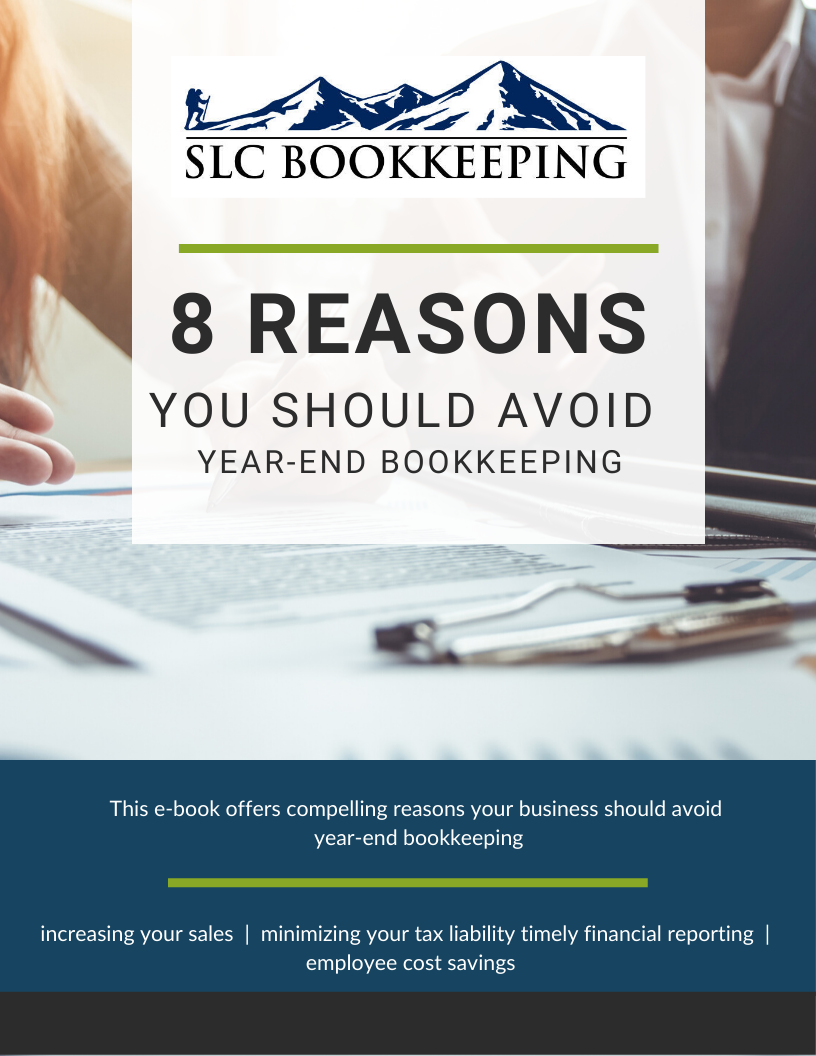Take Action if Your Small Business is Cruising for an Audit
The words “tax audit” can strike fear into even the most hard-core small business owner. Although an audit by the IRS can be inconvenient, time-consuming, and stressful in many cases, there’s much that you can do to help prepare for the inevitable.
the most hard-core small business owner. Although an audit by the IRS can be inconvenient, time-consuming, and stressful in many cases, there’s much that you can do to help prepare for the inevitable.
Make no mistake about it, the possibility of being audited in any given year is very real, and it’s what helps to keep us all honest. Fully expecting your business to be audited, by always keeping your accounts and records in order and up to date, is really the best way to deal with the prospect that it might actually happen to you one day.
In addition to adopting the “boy scout” approach to small business bookkeeping, in always being prepared, there are ways to improve your chances of avoiding an audit altogether that include deftly side-stepping the most common triggers that lead to one. What are some of the typical scenarios that tend to catch the interest of the IRS, and are most likely to cause them to focus their considerable resources in your direction?
Defense is the Best Offense
Although the IRS doesn’t reveal the full story behind exactly what goes on in its audit selection process, some factors do weigh more heavily in tipping the scale toward you. These elements usually revolve around:
- Under-reported income
- Unreported income
- Inflated deductions
If you're not sure the difference, check out our video.
More specifically, they can include things like:Regularly reporting a net loss.
- You generally need to show a profit in at least three years out of five
Discrepancies in documents like 1099s.
- These irregularities can work in both directions, whether they stem from attempting to save money by incorrectly labeling a regular employee as an independent contractor, or from failing to report business income related to contract work you provide
An overly aggressive approach to certain types of deductions.
- Particularly where business meals, travel, entertainment, vehicle usage, and inventory write-offs are concerned
Consistently running late in filing returns and making payments.
- This can also include simply requesting too many filing extensions
Believe it or not, one of the most common and most easily avoided audit triggers is the making of careless mistakes on your tax return forms, including mathematical errors. Outsourcing your bookkeeping to qualified professionals is the best way to eliminate this particular risk altogether.
When it comes to audit-friendly accounting, consistency is key. Wildly fluctuating returns that fail to report all sources of business revenue, or that claim higher levels of deductions than actual income, are more likely to draw the unwelcome attention of the IRS.
You should also be aware that businesses like restaurants and many salon-type services tend to be scrutinized more closely, since there’s often a significant amount of cash changing hands in these commercial environments. Because it’s relatively easy to under-report cash transactions, these companies need to be even more diligent where their small business bookkeeping is concerned.
Keep Calm and Carry On
If you do find yourself at the business end of a tax audit, don’t panic. Any business accounting service worth its salt will have ensured your books are complete and up to date, and will always be available to help walk you through the audit process.
In fact, a tax audit can be a great opportunity to discover some commonly missed business expenses that can be claimed at this time, such as:
- Client gifting
- Business vehicle mileage
- Home office deductions
Even if you do find that some of the supporting documents are missing for deductions you’ve previously claimed, you’ll be happy to know that the IRS often allows certain expenses to be corroborated by verbal testimony and third-party documentation.
It’s important to keep in mind that, when it comes to an audit, the work performed and supported by your outsourced bookkeeper can only be as accurate as the information you provide. Taking the time to develop a better understanding of what’s legally expected from you as a small business owner will go a long way to both avoiding an audit, and to getting the most value possible from your professional bookkeeping company.


Comments